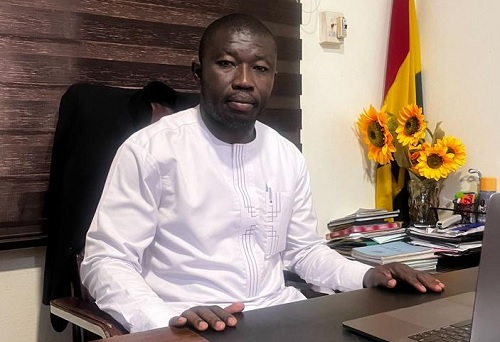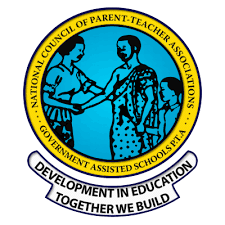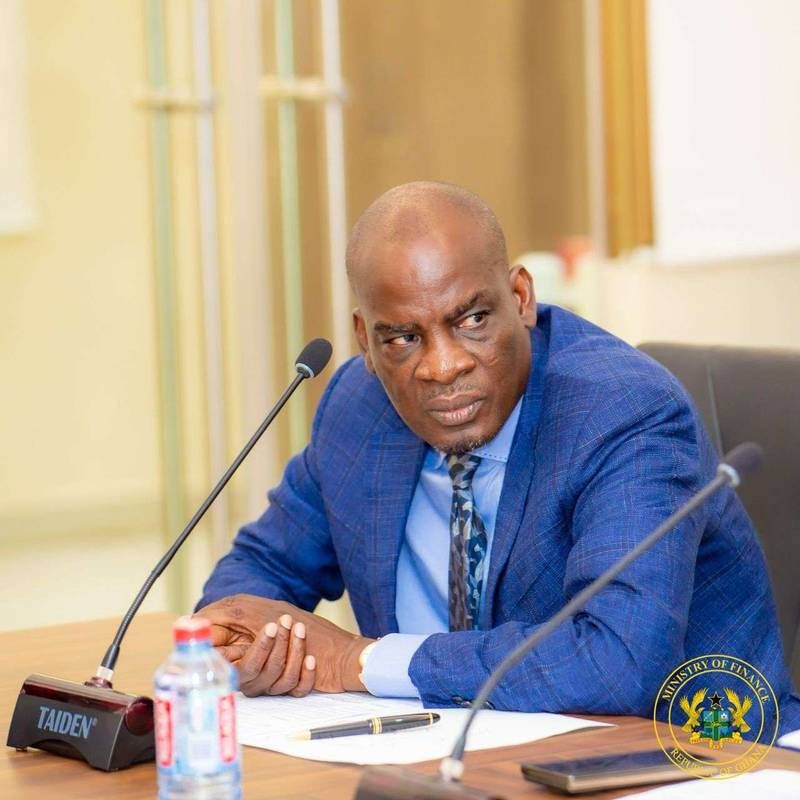The National Council for Parent Teacher Associations (PTA) of Ghana has declared its support for the government’s renewed campaign to strengthen discipline in Senior High Schools (SHS), describing it as a vital step toward improving academic standards and student behaviour.
At a stakeholder engagement held in Accra on Monday, October 27, Minister of Education Haruna Iddrisu called on parents and guardians to collaborate with the Ghana Education Service (GES) in enforcing existing rules on student appearance, particularly the recently reaffirmed hairstyle directive for SHS students.
Mr. Iddrisu explained that the regulation, which requires all students to maintain approved hairstyles in line with school codes, is designed to promote uniformity, discipline, and equality in the school environment. He said while tertiary students enjoy greater freedom of expression, secondary education should focus on nurturing discipline, respect, and civic responsibility.
“The secondary school level is where we must instil values of discipline, respect, and order that shape responsible citizens,” the minister stated.
PTA Backs Policy But Calls for Holistic Implementation
Reacting to the government’s position, Raphael Kofi Gapson, General Secretary of the National PTA Council, said the association welcomes efforts to restore discipline but urged the GES and the Ministry to apply the rules consistently and across all levels of education.
Mr. Gapson noted that discipline has always been the foundation of Ghana’s top-performing schools and should not be enforced selectively.
“We are saying that the policy must be viewed holistically. Discipline and character formation are core to the PTA’s constitution and must not be applied in a piecemeal manner,” he explained.
According to Mr. Gapson, selective enforcement of school rules undermines fairness and weakens the moral culture that has long defined Ghana’s respected schools. He cited examples of Category A and B schools that have maintained high standards over decades, earning the trust of parents nationwide.
“The reason every parent wants their child in Category A or B schools is because those schools have consistently maintained high disciplinary standards for the past 30 to 50 years. That culture of discipline has become their identity,” he said.

The PTA leader further stressed that enforcing policies such as hairstyle regulations should not be seen as punitive but as essential to character building and personal development.
“The rationale behind enforcement is not to punish students, but to help them grow into disciplined and responsible adults,” he added.
He explained that when discipline is viewed positively, it fosters resilience, teamwork, and respect for authority values that are critical to national development.
Educationists share similar views, arguing that discipline creates an environment conducive to learning. However, they also caution that implementation must be sensitive to students’ rights and socio-cultural backgrounds.
The debate over school discipline and appearance is not new in Ghana. In 2021, a high-profile case at Achimota School sparked nationwide discussion when two first-year students were denied admission because of their dreadlocks, which school authorities said violated grooming policies. The matter was taken to court, where the students initially won the right to be admitted, though the case later sparked calls for clearer national guidelines on grooming and religious freedom in schools.
Similarly, Wesley Girls’ High School faced controversy when it restricted Muslim students from fasting during Ramadan, prompting public debate on balancing institutional discipline with individual rights.
These examples underscore the complexity of enforcing uniform rules in a diverse society, where religion, culture, and identity intersect with education policy.

Discipline has long been considered a cornerstone of Ghana’s education model. The Ghana Education Service estimates that more than 1.3 million students are enrolled in public SHSs under the Free SHS programme, introduced in 2017. With this large student population, maintaining order and discipline has become increasingly challenging for school administrators.
Education analysts argue that the rise in student indiscipline, truancy, and social media misconduct among teenagers makes the government’s renewed emphasis on discipline timely. A 2023 study by the Institute for Education Studies (IFEST-Ghana) found that 62% of headteachers across 100 sampled SHSs reported an increase in disciplinary cases related to dress code violations, lateness, and use of electronic devices on campus.
For parents, therefore, the PTA’s backing signals confidence in the government’s direction—while its call for fairness reflects a desire for consistent rules that do not privilege some schools or regions over others.

While many educators support strict enforcement, others argue that modern education should also embrace flexibility and self-expression. Some have called for stakeholder consultations to ensure policies reflect Ghana’s evolving cultural values and international human rights standards.
Civil society groups such as Child Rights International have also urged the Ministry to pair disciplinary measures with counselling and mentorship programmes to address the root causes of misconduct among students.
As the Ministry of Education and GES refine the implementation of discipline-related policies, all eyes will be on how schools balance order with inclusion. The PTA’s involvement marks a crucial step toward building consensus among parents, educators, and policymakers.
The broader goal, according to education experts, is not just about hairstyles or uniforms, but about shaping a generation of disciplined, confident, and responsible young Ghanaians.
Read also: Education Minister Reaffirms Ban on Long Hair in SHS, Citing Discipline and Uniformity

